
Writer’s Life: E.D. Stands for Emotional Depth
By Sandra Paul
I used to lack emotional depth.
Hey, don’t pity me. You probably still do. You just might not know it yet.
After all, I wasn’t aware of my own deficiency until about my fifth book. But when my editor returned my manuscript for revisions there it was, right in the margin next to my dramatic, climatic resolution. Plain as day, my editor had written, Lacks E.D.
Okay, maybe it wasn’t plain as day at first–because I had no idea what, or possibly who, E.D. might be.
So I called my editor to find out.
“E.D. stands for emotional depth,” she told me. “The book needs more of it.”
“C’mon,” I said, trying not whine at the thought of doing more work. “My word count is only 50,000 words. This isn”t War and Peace here.”
“No, it certainly isn’t,” she agreed, much too readily. “But even in a short contemporary romance with, I might add, extra wide margins, the reader needs to come away emotionally satisfied. I don’t even know what your characters are feeling there at the end.”
I honestly didn’t understand how she could say that. I’d written it plain as day (really!) right there on the page. “The heroine feels sad,” I said, quoting directly from the manuscript, “That the hero has found out what she’s done. He feels betrayed and angry.”
“I need more.”
I sighed. “Okay. How ’bout I say she’s very sad and he’s very angry?”
She sighed louder. “I’m not looking for adjectives here,” she replied, very heartlessly. “What I want is to feel something. To feel what your characters are feeling. Go deeper, Sandy. I know you can do it.”
I hung up the phone feeling (in case it isn’t plain as day) very resentful. Easy for her to say. She was just an editor with a stable at the time of over thirty writers, with a slush pile higher than her head next to her desk, who merely spent ten to twelve hours a day editing, writing copy, proofing, and other stuff like that. Obviously, she was much too busy to understand the stress that I, a one-book-a-year (more or less) writer, was under.
Brooding on my editor’s lack of empathy, I went and had a leisurely lunch, then took a three hour nap. When I awoke, I went and did what I should have done in the first place.
I called my critique partners.
“I think it’s fine,” Angie told me after I’d read the last chapter to her five times. “In fact, if anything, there’s too much emotion. I suggest you delete the whole thing.”
She slammed down the phone. Gingerly, I hung up, too. O-kaaay. Apparently I wasn’t the only one dog-paddling in the shallow end of the emotional pool. I then moved on to Barbara J.
“This isn’t just your typical sweet traditional,” Barbara J. informed me. “This is a transformation story about a woman who, after doing something on impulse, learns from that experience to quit being afraid of life. To start going after what she wants.”
I have to admit, I liked the sound of that. But it wasn’t much help for my E.D. problem. So I called Barbara B.
“The universal appeal of this book is that it’s about anyone who’s ever done something stupid, and had to move past it,” she told me. “You need to explore that emotional reaction for the reader. Use the five senses.”
“But I’ve never done what the heroine did. And I never would.”
“No, but you’ve done other stupid things. Use those.”
Totally inspired, I hung up the phone. As usual, Barbara B. was right. I had done stupid thing—lots of them. I’d use the pain and embarrassment I’d lived through to make this book come alive for the reader.
So, after discussing the problem once more with my Artist’s Way group, a dozen people at OCC, and a paunchy, bald guy who happened to be pumping gas at the same time as me at the nearby 7-Eleven, I got down to work.
I thought of all the times I’d humiliated myself and I wrote—and rewrote—until I could smell the heroine’s fear when the hero discovers she’s the one who’d mooned him from the company van. Until I could see the horror on his handsome (yet rugged) face, when he realizes it was her, his trusted secretary (not to mention the woman he’s learned to love) that committed the dreadful deed. I wrote until I could hear the anguish in her soft voice as she struggles to explain, until I could taste their despair as they realize—Mooner and Moonee both—that the memory of what she did will forever be there between them. A big, white blot on their love.
I sank to emotional depths so deep that even those little, jelly-like fluorescent fishes from National Geographic couldn’t survive there. Then I made the hero and heroine both very, very happy when they somehow (cause I don’t want to give the story away here!) manage to overcome all that to live happily ever after.
And when I finally turned the book in—just one month past deadline—I knew I’d done a good job. In fact, my editor told me it was one of the best—if not the best—mooning book she’d ever read.
So, emotional depth? You betcha I’ve got it now.
Step aside, Leo Tolstoy.
- Author Details
- Books on Sale
- New Releases
- Contact Us
- Be in the Spotlight
Books on sale or free

Related
Affiliate Links
A Slice of Orange is an affiliate with some of the booksellers listed on this website, including Barnes & Nobel, Books A Million, iBooks, Kobo, and Smashwords. This means A Slice of Orange may earn a small advertising fee from sales made through the links used on this website. There are reminders of these affiliate links on the pages for individual books.
Search A Slice of Orange
Find a Column
Archives
Featured Books
THE TRUTH THAT CAN’T BE TOLD BOOK 2
Unrequited love, quiet shame, guttural fear are the truths we hide from the world…often from those we love the most.
More info →SHORT and SWEET’S FAMILY ALBUM
Join these 60 authors as they share their families’ stories of grace, forgiveness, loyalty, respect, support, vulnerability, love, laughter, and faith.
More info →THE ALLIANCE
When Leora Ebersole sees the small plane crash in her Old Order Mennonite community, she has no idea it's a foreshadowing of things to come.
More info →Newsletter
Contributing Authors
Search A Slice of Orange
Find a Column
Archives
Authors in the Bookstore
- A. E. Decker
- A. J. Scudiere
- A.J. Sidransky
- Abby Collette
- Alanna Lucus
- Albert Marrin
- Alice Duncan
- Alina K. Field
- Alison Green Myers
- Andi Lawrencovna
- Andrew C Raiford
- Angela Pryce
- Aviva Vaughn
- Barbara Ankrum
- Bethlehem Writers Group, LLC
- Carol L. Wright
- Celeste Barclay
- Christina Alexandra
- Christopher D. Ochs
- Claire Davon
- Claire Naden
- Courtnee Turner Hoyle
- Courtney Annicchiarico
- D. Lieber
- Daniel V. Meier Jr.
- Debra Dixon
- Debra H. Goldstein
- Debra Holland
- Dee Ann Palmer
- Denise M. Colby
- Diane Benefiel
- Diane Sismour
- Dianna Sinovic
- DT Krippene
- E.B. Dawson
- Emilie Dallaire
- Emily Brightwell
- Emily PW Murphy
- Fae Rowen
- Faith L. Justice
- Frances Amati
- Geralyn Corcillo
- Glynnis Campbell
- Greg Jolley
- H. O. Charles
- Jaclyn Roché
- Jacqueline Diamond
- Janet Lynn and Will Zeilinger
- Jaya Mehta
- Jeff Baird
- Jenna Barwin
- Jenne Kern
- Jennifer D. Bokal
- Jennifer Lyon
- Jerome W. McFadden
- Jill Piscitello
- Jina Bacarr
- Jo A. Hiestand
- Jodi Bogert
- Jolina Petersheim
- Jonathan Maberry
- Joy Allyson
- Judy Duarte
- Justin Murphy
- Justine Davis
- Kat Martin
- Kidd Wadsworth
- Kitty Bucholtz
- Kristy Tate
- Larry Deibert
- Larry Hamilton
- Laura Drake
- Laurie Stevens
- Leslie Knowles
- Li-Ying Lundquist
- Linda Carroll-Bradd
- Linda Lappin
- Linda McLaughlin
- Linda O. Johnston
- Lisa Preston
- Lolo Paige
- Loran Holt
- Lynette M. Burrows
- Lyssa Kay Adams
- Madeline Ash
- Margarita Engle
- Marguerite Quantaine
- Marianne H. Donley
- Mary Castillo
- Maureen Klovers
- Megan Haskell
- Melanie Waterbury
- Melisa Rivero
- Melissa Chambers
- Melodie Winawer
- Meriam Wilhelm
- Mikel J. Wilson
- Mindy Neff
- Monica McCabe
- Nancy Brashear
- Neetu Malik
- Nikki Prince
- Once Upon Anthologies
- Paula Gail Benson
- Penny Reid
- Peter Barbour
- Priscilla Oliveras
- R. H. Kohno
- Rachel Hailey
- Ralph Hieb
- Ramcy Diek
- Ransom Stephens
- Rebecca Forster
- Renae Wrich
- Roxy Matthews
- Ryder Hunte Clancy
- Sally Paradysz
- Sheila Colón-Bagley
- Simone de Muñoz
- Sophie Barnes
- Susan Kaye Quinn
- Susan Lynn Meyer
- Susan Squires
- T. D. Fox
- Tara C. Allred
- Tara Lain
- Tari Lynn Jewett
- Terri Osburn
- Tracy Reed
- Vera Jane Cook
- Vicki Crum
- Writing Something Romantic
Affiliate Links
A Slice of Orange is an affiliate with some of the booksellers listed on this website, including Barnes & Nobel, Books A Million, iBooks, Kobo, and Smashwords. This means A Slice of Orange may earn a small advertising fee from sales made through the links used on this website. There are reminders of these affiliate links on the pages for individual books.

























































































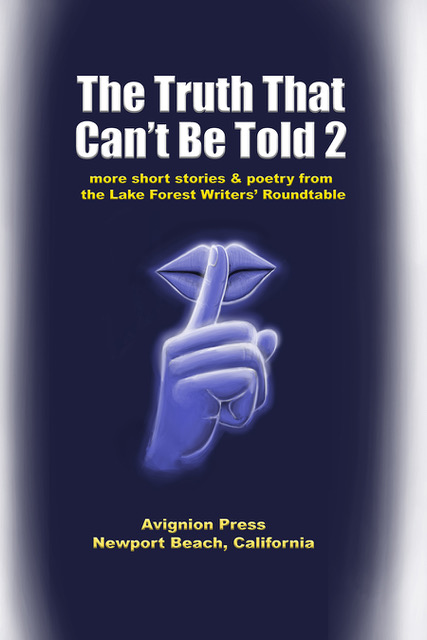
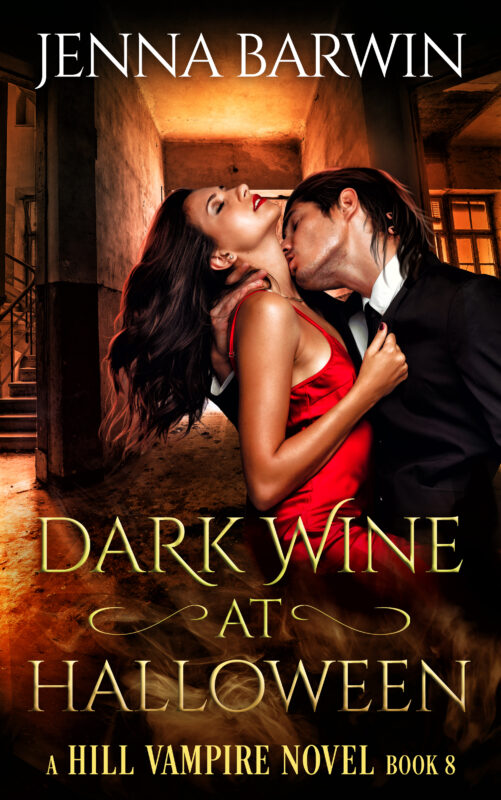


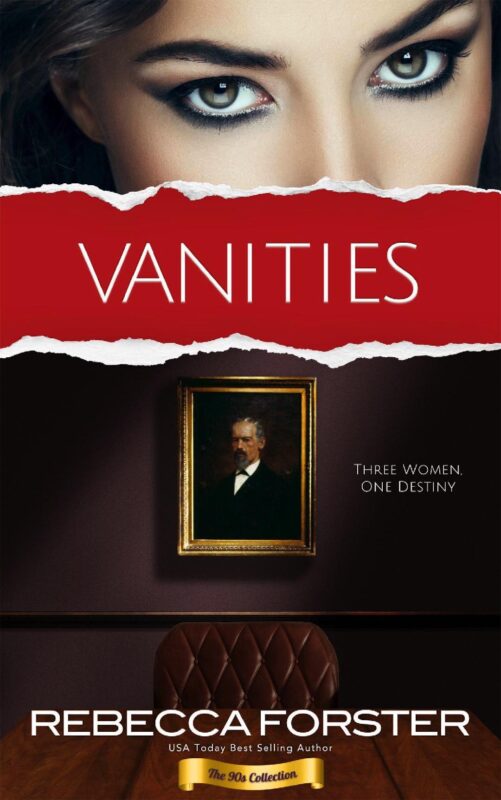

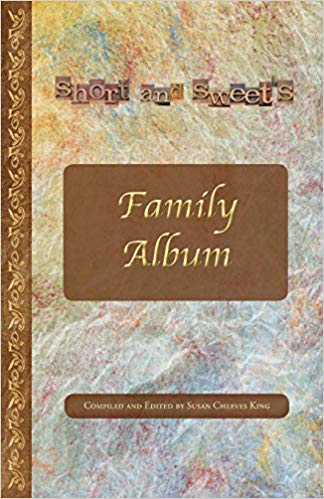

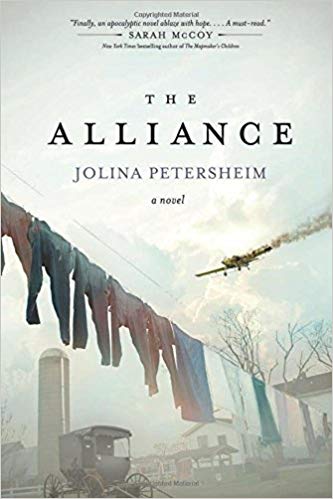






























Sandy’s humorous take on AA (Author Anxiety) made me laugh. Thank you, Sandy, for giving me a lighthearted moment as I plot my next book.
Can’t wait to read Domesticating Luc. I’ve been hearing about this mooning incident since one of our conferences (a hundred moons ago) when Birgit, Sr. Harlequin Ed., used your book as a shining example of finding something fresh and new and exciting to spice up one’s work.
I find your books to be just that – a breath of fresh air – that always tickle my funny bone. I agree with others here, write more and faster!
sandy, Sandy, SANDY,
You are a great writer and you do “humor and heart” so well. That is not an easy task. My only problen with your books is there are not enough of them. Write faster.
The Book Fairy Godmother
I like the way Mary Theresa said “combining the heart and the humor” Has a nice ring to it. Sandy can certainly do that. And Gillian, you made me smile. Author Anxiety. We could start our own AA meetings.
Agree–
Sandy is certainly capable of adding those extra emotional elements in her lively, humorous novels. Even with secondary characters–and animals (I feel Puppy’s pain in her newest one!).
From my pov–and it is easy to say, since I don’t have to actually do anything!–facing that challenge of combining the heart with the humor is what makes the reader close the book with a sigh of satisfaction as well as a grin and happy face. 🙂 So sometimes I give a little nudge, and it works out great.
Good job!
Bravo, Sandy! You have captured the true emotional depth of Author Anxiety.
It’s not easy to create that emotional depth, especially in a light-hearted, humorous book. (but who said writing was easy!) Takes a lot of talent to get into that place where all those emotions are swirling about. But Ms. Paul has talent in spades! I always know when I pick up a book by her that it will be a terrific read. I can’t wait for her next one!
But as a reader don’t you always want to feel what the characters are feeling? To experience the story in an emotional as well as an intellectual way?
I do enjoy the jokes and the charm–and the absolutely wonderful writing of course! “in Sandy’s stories, but it’s also the sense of identification and realization that really sells every story for me. When I know the characters are confused or bewildered or longing or puzzled and that they know that there’s some way they might achieve happiness if they understand why and do something to adapt. Well, that’s a story I can’t put down!
Thanks always to the rest of the team for convincing her that sometimes I am right–and it’s not just because I can give her a contract! 🙂